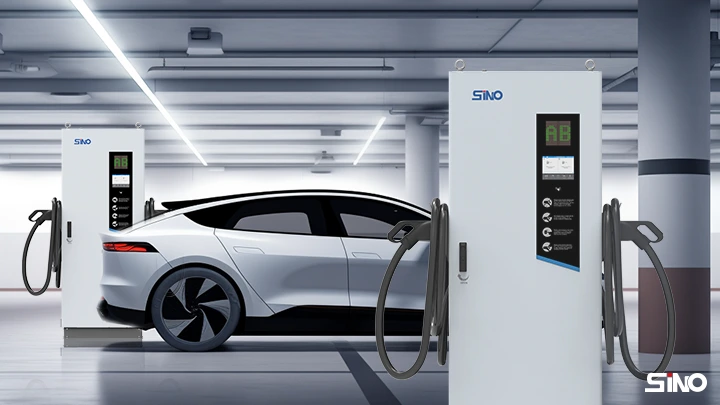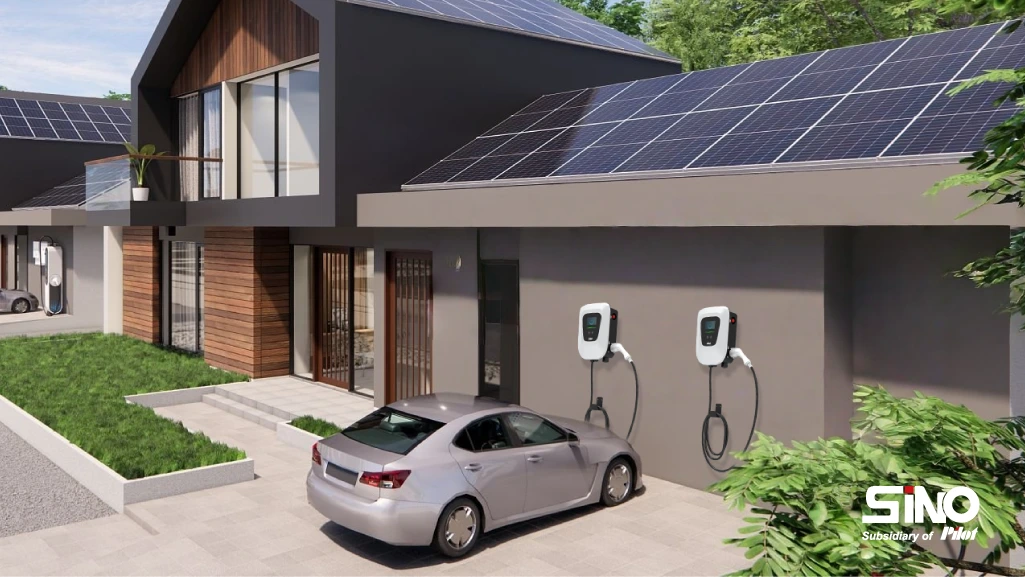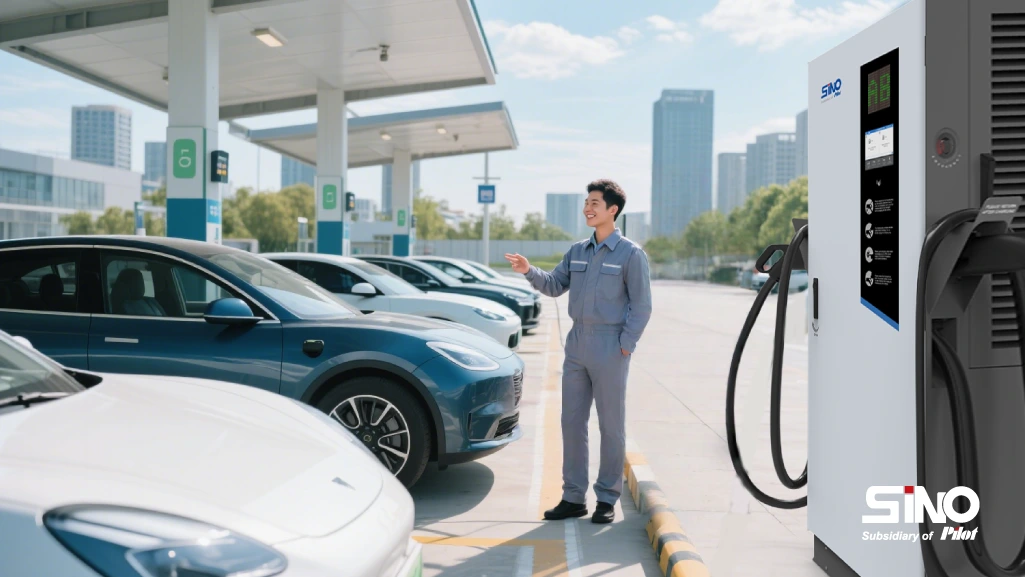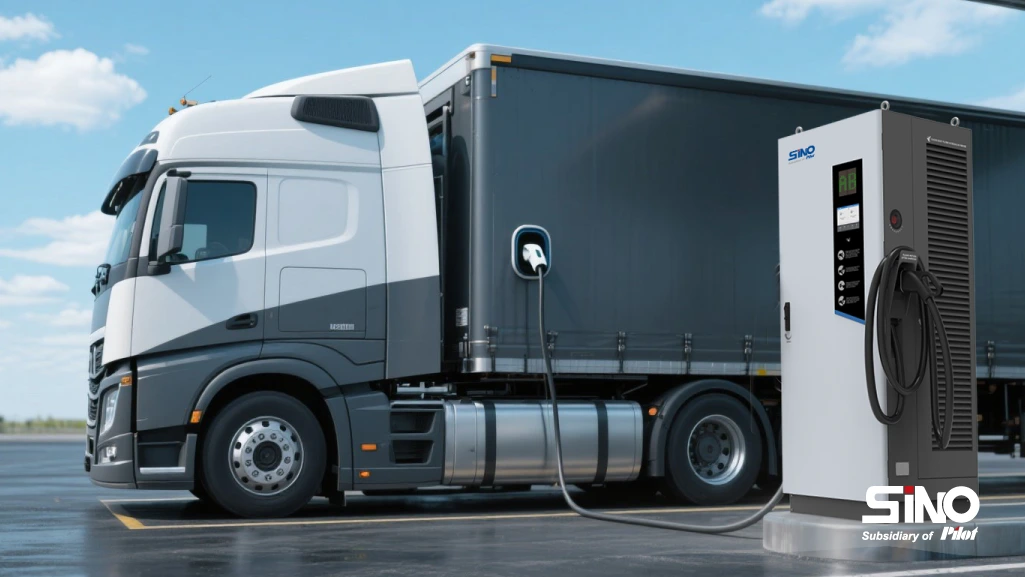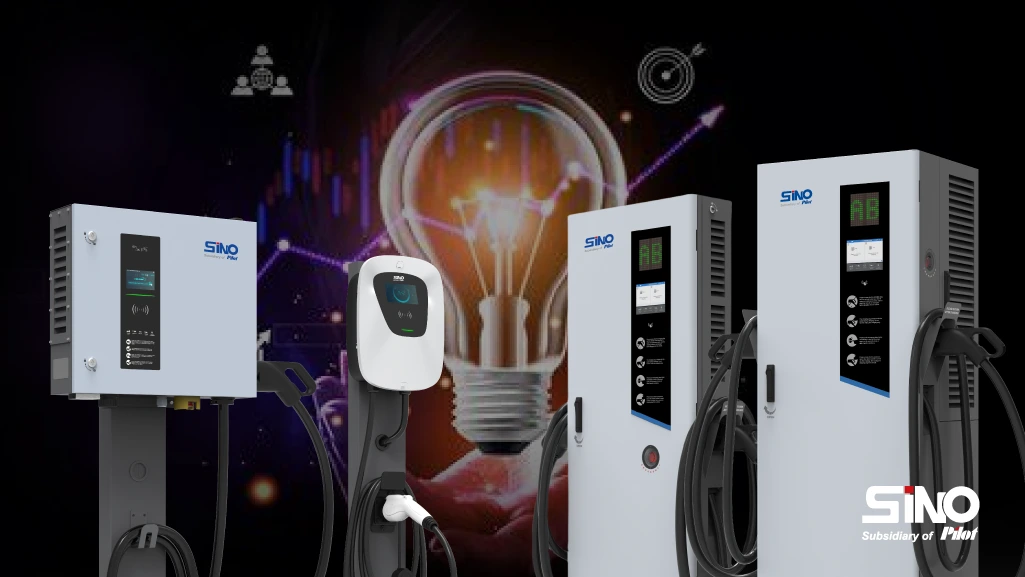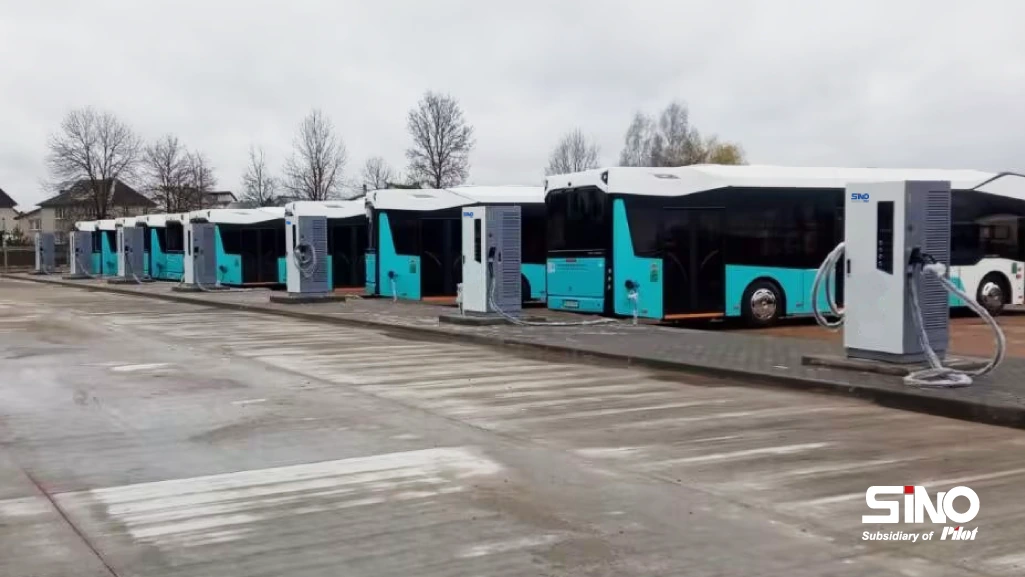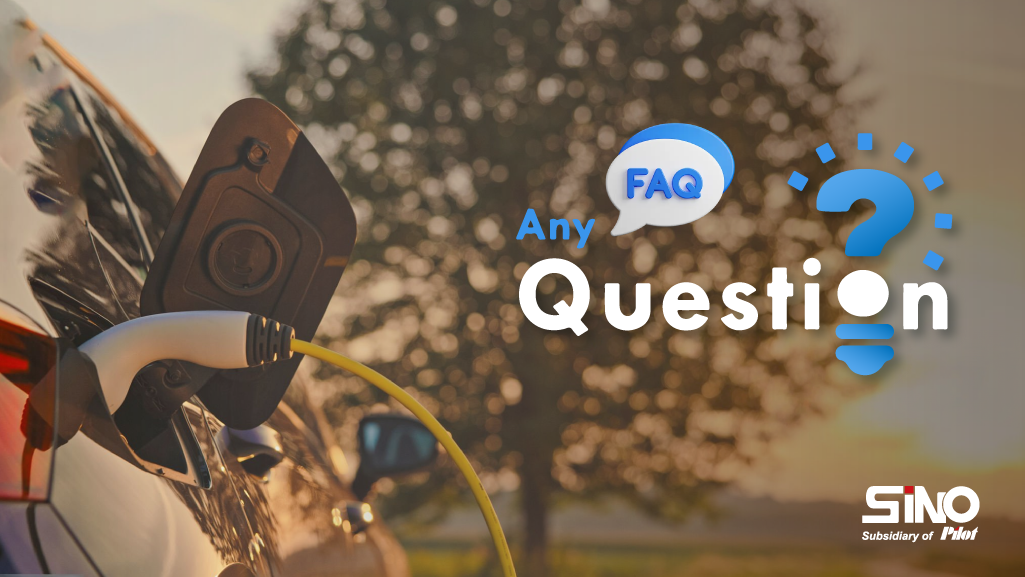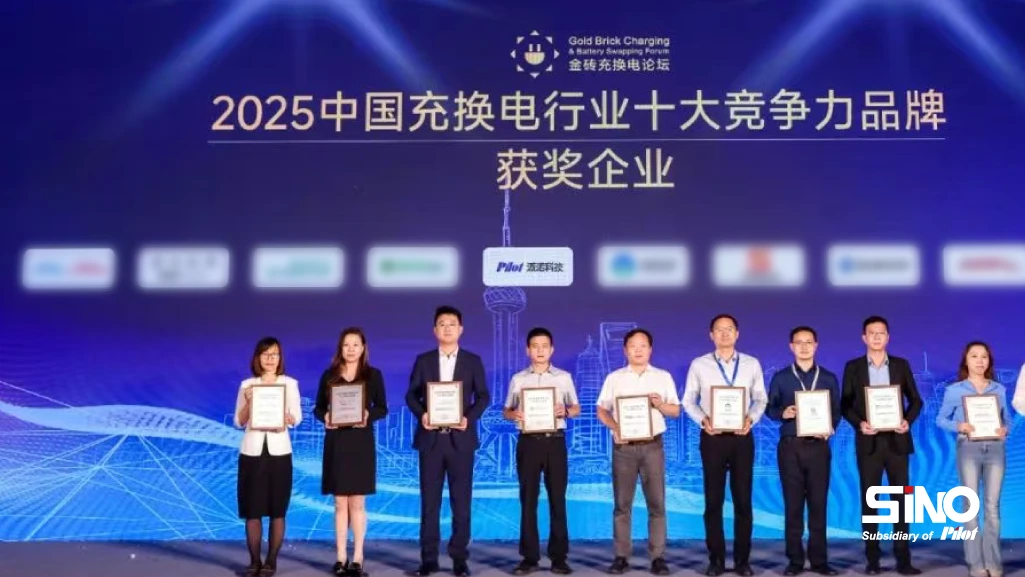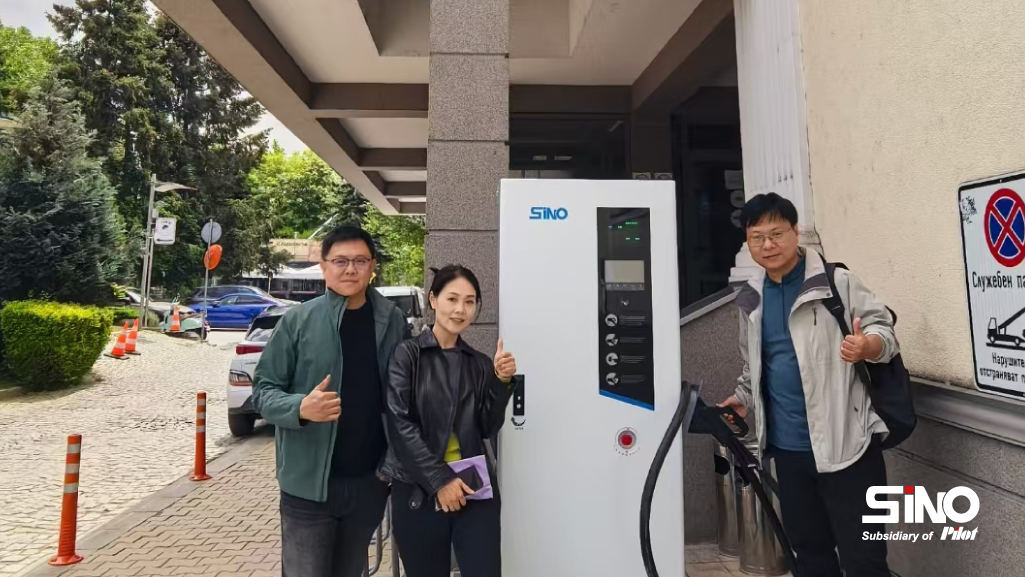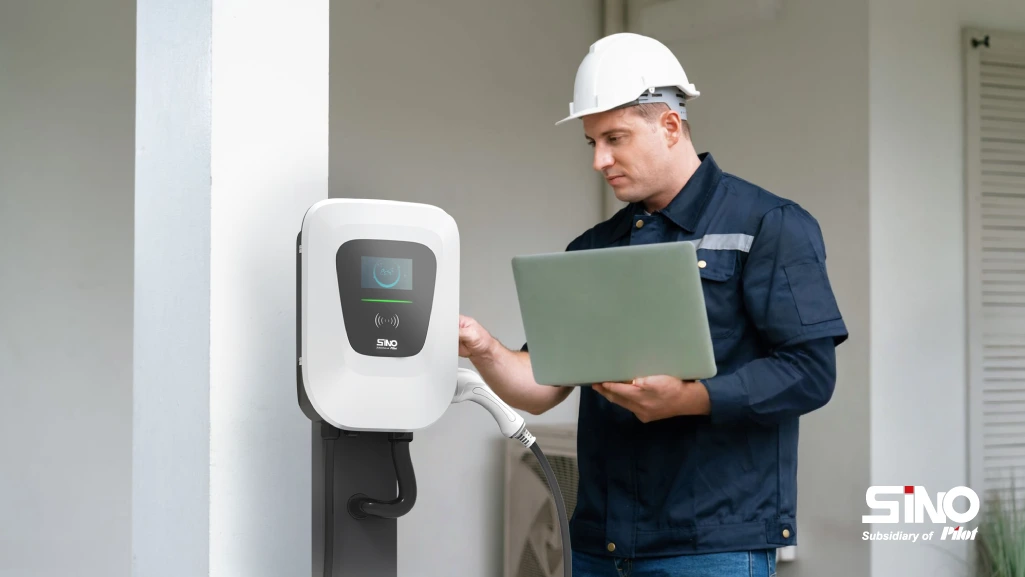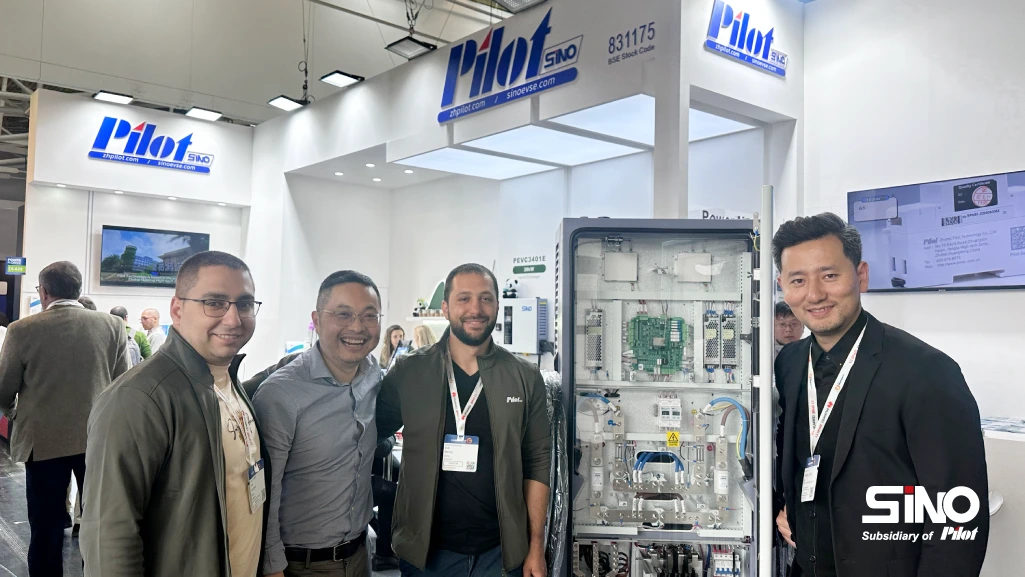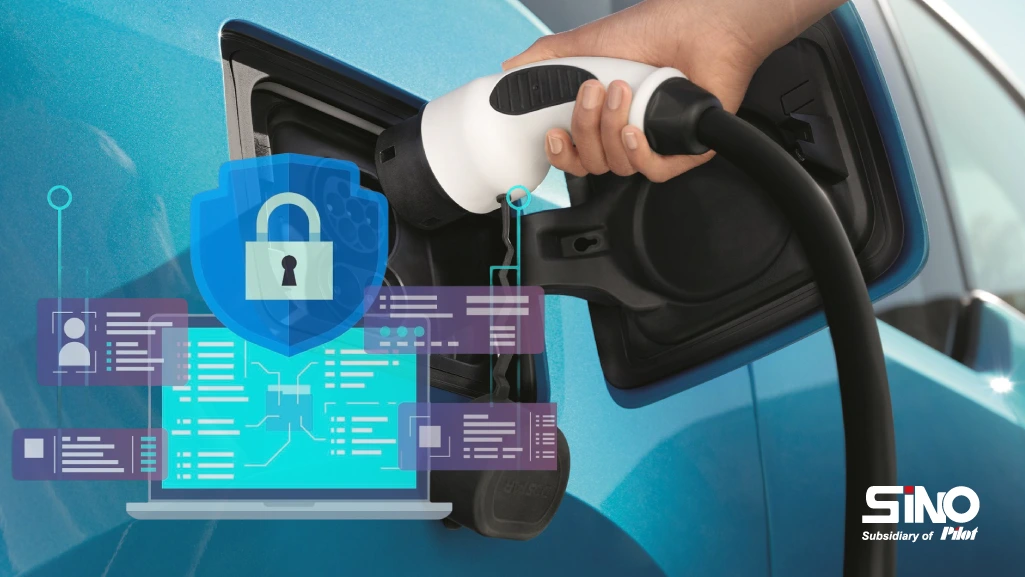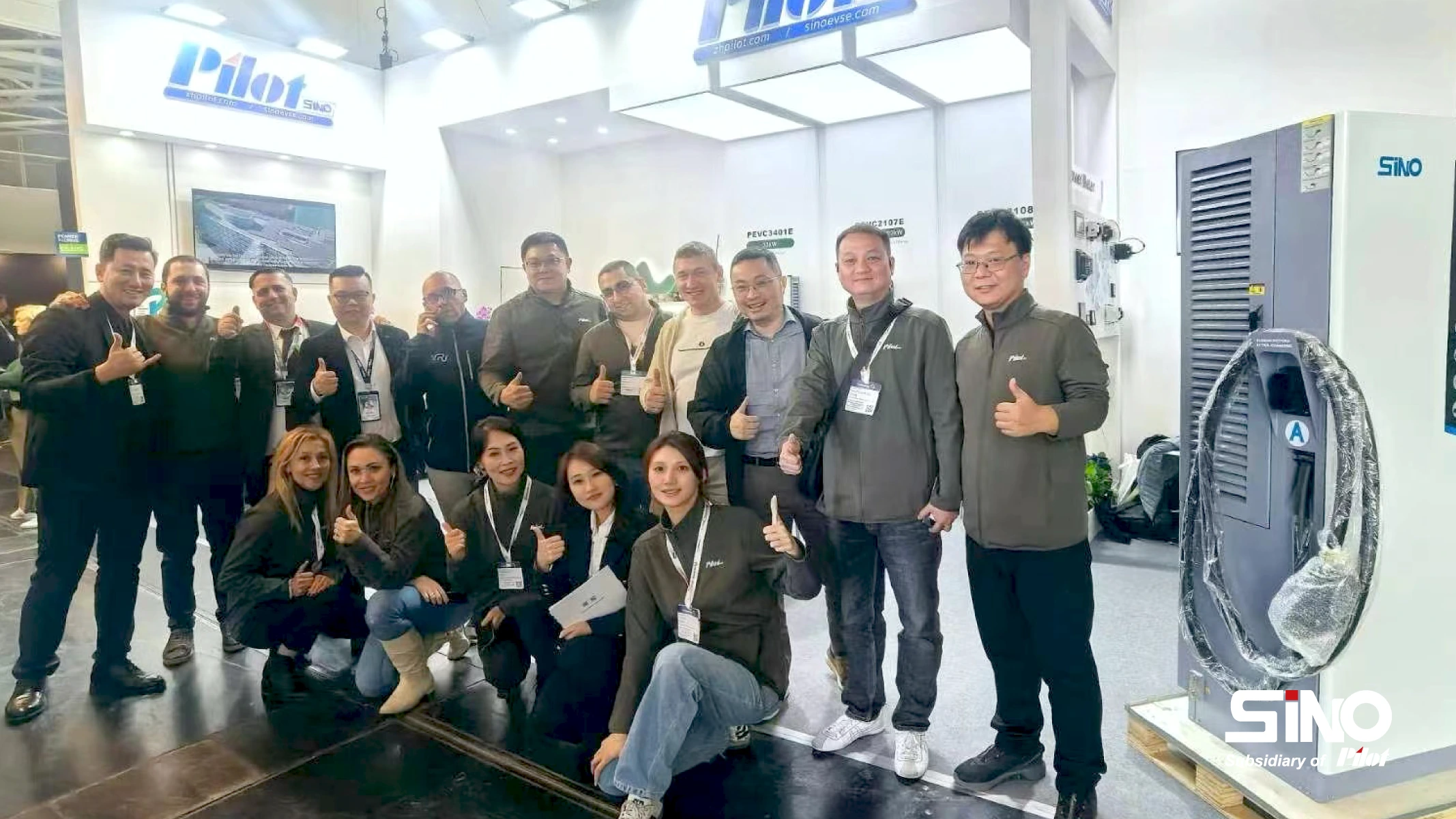Hello, everyone!
I’m SINO ENERGY, a professional provider in the field of EV charging stations. Here, I’ll share knowledge about new energy electric vehicle charging and EV charging stations with you from time to time.
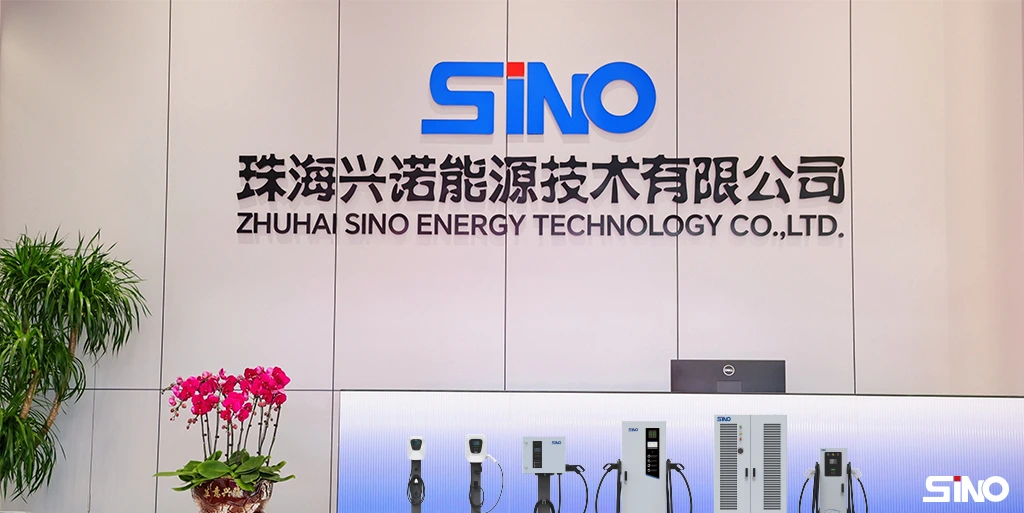
Many electric vehicle owners often hear the cautionary advice: ‘Fast charging damages the battery! Avoid using it for your electric vehicle.’ This warning stems from the fact that rapid charging generates high currents, leading to elevated temperatures, both of which can put stress on the battery. Despite the increasing popularity of electric vehicles (EVs) each year, some drivers remain apprehensive, worrying about potential range issues and the longevity of the battery.
So what exactly is the impact of fast charging on your battery, and will it affect your battery’s health? Today, let’s talk about, “Does fast charging really harm the battery of an electric car?”
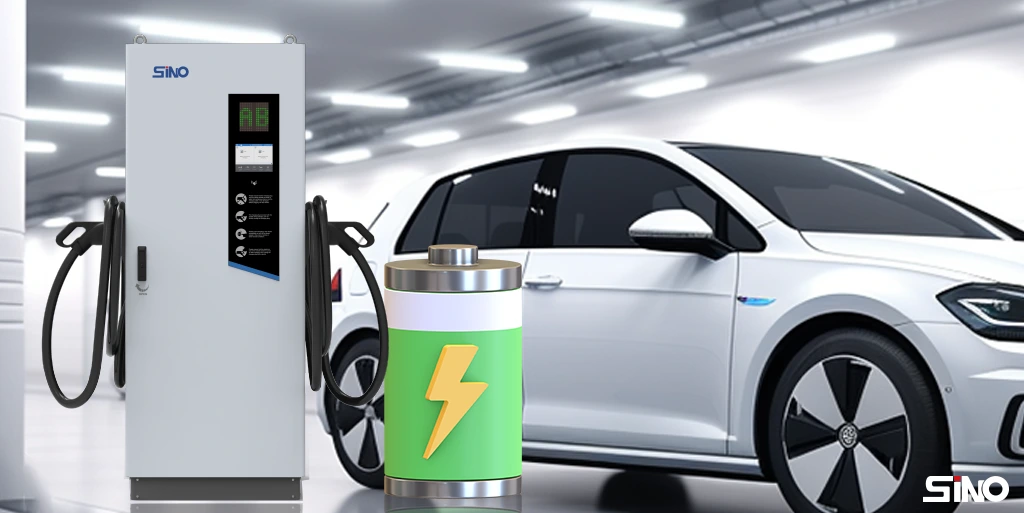
What is fast charging and slow charging
Fast Charging
Fast charging refers to high-power direct current charging, which converts the alternating current delivered from the grid inside the EV charging station without the need for an onboard charger, enabling direct charging of the vehicle.
Fast Charging is a high-speed method of recharging electric vehicle (EV) batteries. It involves powerful EV charging stations that can supply a large amount of energy in a relatively short time frame. This makes it particularly useful for situations where drivers need to quickly add significant range to their vehicle. Fast charging stations are commonly found along highways and in urban areas, allowing for rapid replenishment of battery power.
Slow Charging
Slow charging, on the other hand, refers to alternating current charging, which requires an onboard charger for the charging process. This lower-power method is often used in residential or office settings, typically involving standard household outlets or lower-powered EV charging stations. Slow charging is suitable for overnight charging or situations where the vehicle will be parked for an extended period and is considered more gentle on the battery.
To find out more about how fast charging works, take a look at our dedicated article.
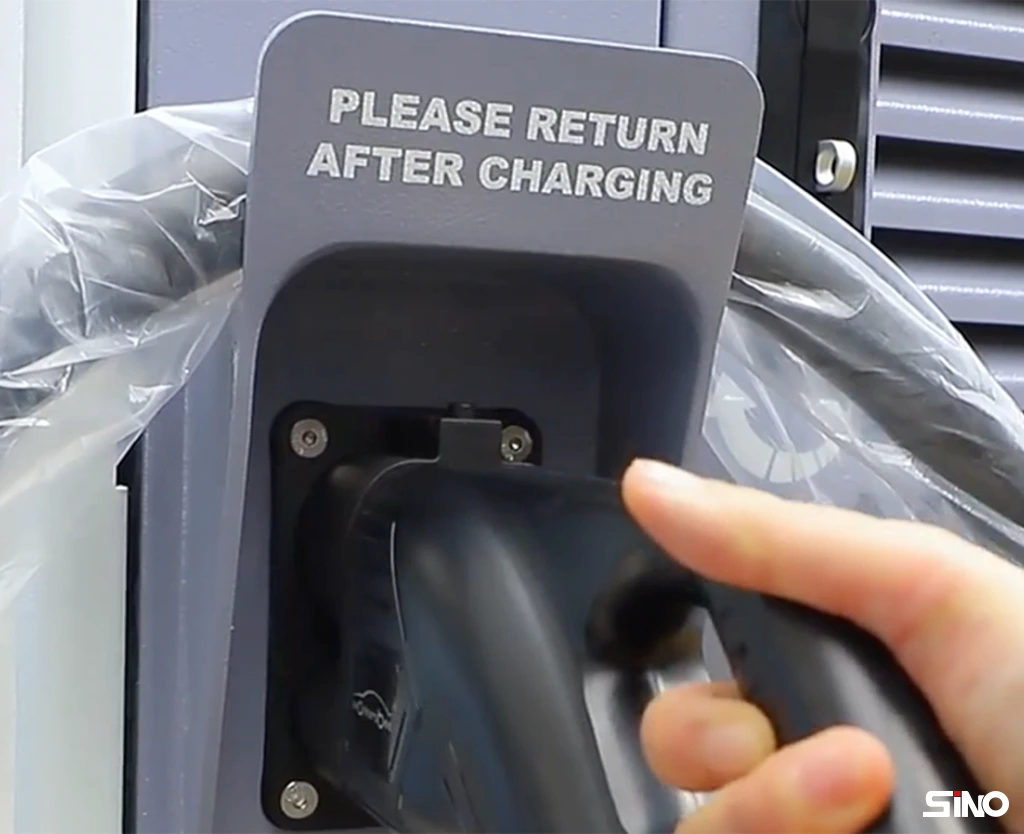
Does Fast Charging Really Damage The Electric Vehicle Battery?
In fact, this statement is somewhat skewed. Times are advancing, and technology is developing. Both EV charging stations and the vehicles themselves have continuously updated protective measures for the battery. When an electric vehicle is being charged, the Battery Management System (BMS) on the vehicle estimates the state of charge of the power battery pack and automatically adjusts the charging current based on the condition of the battery pack. In other words, when using a fast charging station to charge a vehicle, once the battery reaches a certain level of charge, the fast charging station will automatically reduce the charging power to protect the vehicle battery. If the temperature of the vehicle is too high while using a fast charging station, the station will reduce the charging power or stop charging altogether to protect the vehicle battery, preventing potential damage due to high battery temperatures.
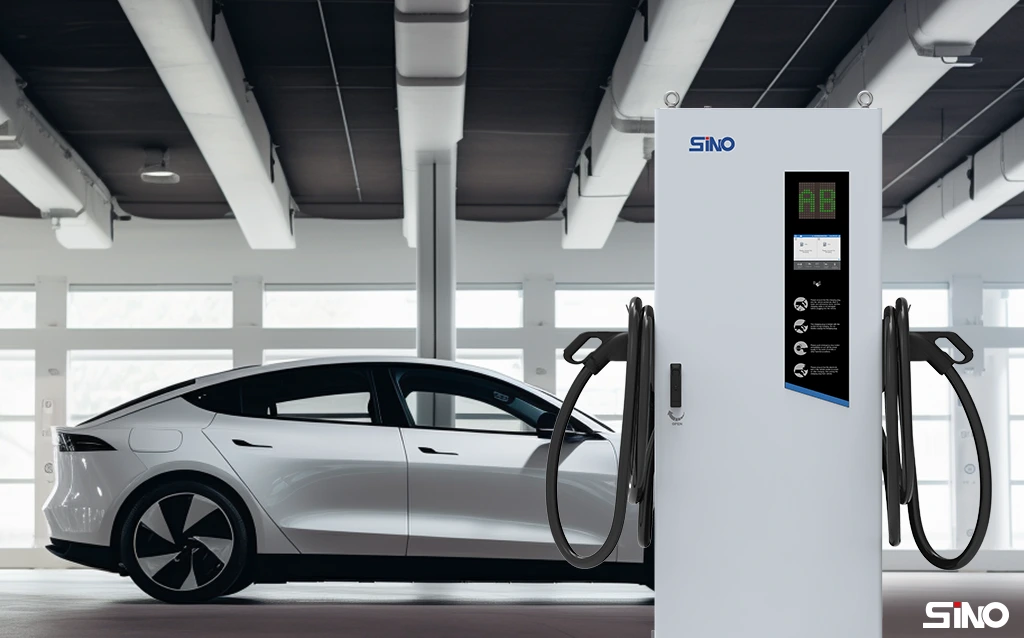
You might be wondering, who is the real culprit behind damaging electric vehicle batteries?
In reality, everything has a lifespan, and electric vehicle batteries are no exception. The lifespan of an electric vehicle is determined by the cycle count of the battery. When the battery has completed a certain number of cycles, it naturally becomes less durable, indicating that it’s time for a battery replacement.
Of course, improper charging habits and improper usage of electric vehicles in daily life can also affect battery life. For instance:
Waiting until the car’s battery is completely depleted before charging can potentially lead to reduced battery capacity and affect battery life.
Not turning off the vehicle’s internal power during charging can place additional burden on the car battery.
Charging at non-standard EV charging stations or using chargers that do not meet national standards.
*So, remember to choose SINO ENERGY for quality EV charging stations. Just like my stations, they are equipped with comprehensive charging protection features to prevent overcharging, ensuring a safe charging experience.
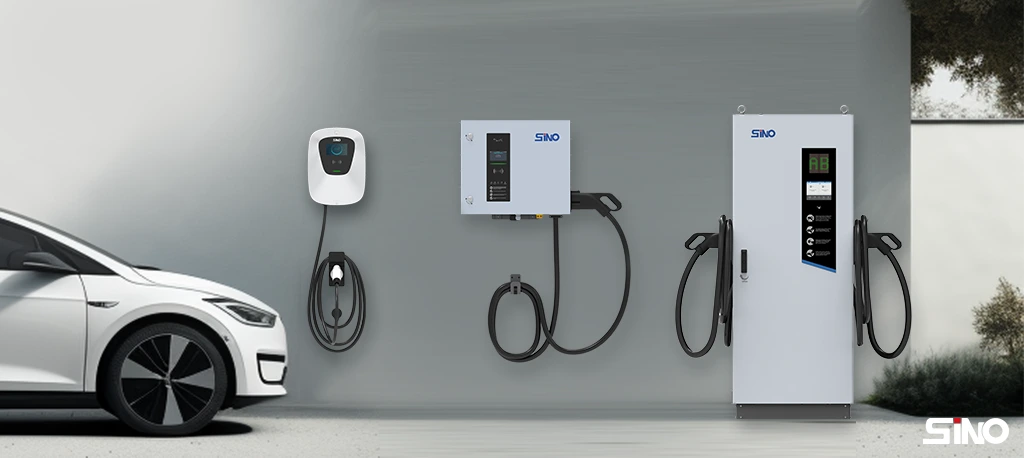
If you’d like to delve deeper into related knowledge or if you have any inquiries regarding charging new energy electric vehicles or EV charging stations, please don’t hesitate to drop me a message at info.sino@pmac.com.cn. I’m here to address your questions and offer further clarification.
——————————————————————————
About Sino Energy
Sino Energy is a trusted China EV charger manufacturer, dedicated to changing the way the world uses energy in the electric vehicle industry. We focus on public electric car charging stations design, R&D, production, and marketing, and we can bring home and business electric vehicle charging solutions.
Founded in 2006, with headquarters in Zhuhai, Sino Energy’s mission is to deliver exceptional value and quality electric car chargers and services to customers around the world. For more about Sino Energy, please visit our ev charger factory or contact info.sino@pmac.com.cn for further information.
Welcome everyone to visit our new factory and explore opportunities for collaborative distribution partnerships!
Our Social
Facebook: www.facebook.com/sinoevc
Instagram: www.instagram.com/sinoevc
Linkedin: www.linkedin.com/company/sinoevse
Youtube: www.youtube.com/@sinoevc
Twitter: www.twitter.com/sinoevc



